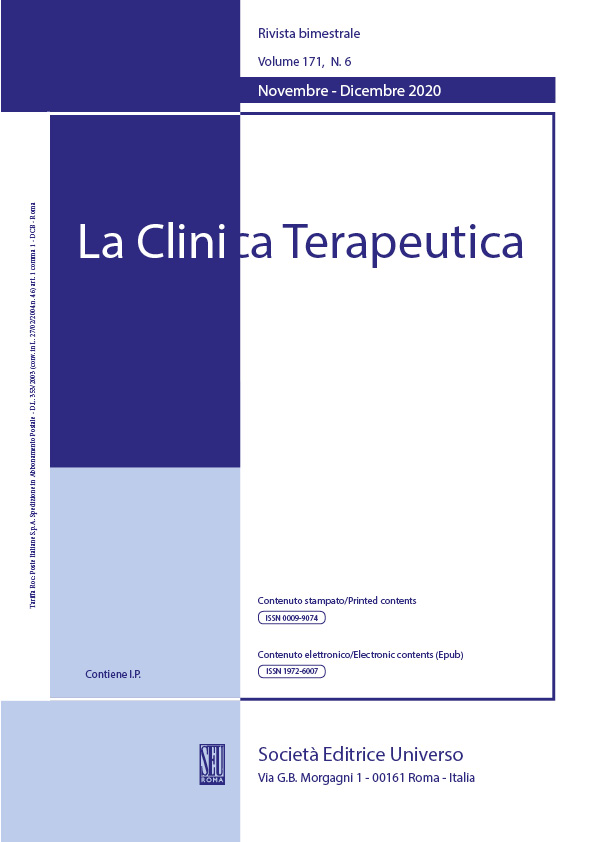Abstract
Food insecurity results from the unavailability or inability to gain access to quality, nutritious food in a given area. It would be a mistake to believe food insecurity as a phenomenon limited to low-income countries: millions of food insecure households are in fact located in wealthy countries. A strong association between substance abuse and food insecurity has been reported by research data, with as many as 70% of those with addiction and abuse found to be food insecure. It is in fact not uncommon for those with drug addiction or alcoholism issues to skip meals even for days in order to fuel their addiction and spend that money on drugs or alcohol. The underlying dynamics of food insecurity brought about by drug abuse and mental illness patterns have far-reaching ramifications which affect addicts and their families as well, primarily children, who stand to suffer major life-changing repercussions. In order to address such correlations and harmful (and currently rather underresearched) developments, multidisciplinary efforts need to include research, law enforcement and social workers, particularly in light of the dangers posed by the threat of elusive and hard to detect synthetic substances.
